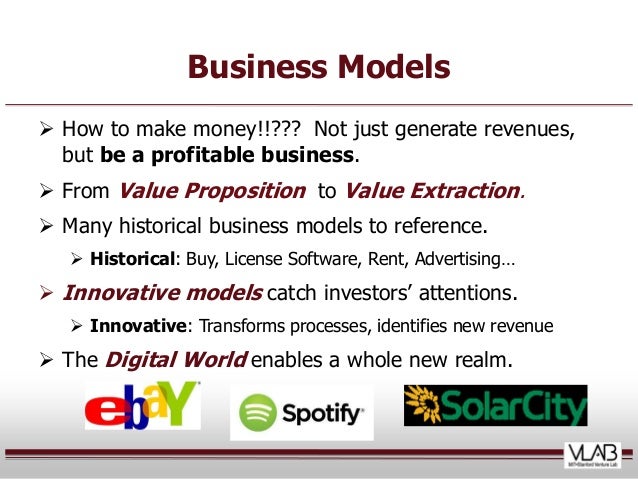
Image source: https://www.parallax.com/sites/default/files/news/RFIDTags03.png
Even with all this we are still incapable of dealing with the current fuel crisis. Interestingly enough, this fuel crisis is nothing new. From as early as the late 1970's we had received warnings that this would occur, sooner and with a much worse effect that we could anticipate.
In 1979, then president of the United States, Mr. Jimmy Carter announced that there should in fact be alternative forms of energy, like solar power. He went on to ensure the installation of solar panels in the White House. It is uncertain whether are still in use or if they even still exist, but it would appear that President Carter was an ignored visionary, as many visionaries tend to be.
Other ideas Crater had included pushing for automakers to increase gas mileage to about 48mpg by the year 1995. Hybrids, such as the Prius which has been in existence for a number of years now, actually boast 50mpg. It was also suggested by Carter that oil companies be offered windfall taxes to allow them to seek alternative energy and fuel sources. He also believed that no less than 20% of the nation's energy should be derived from alternative energy sources, particularly solar power.
Now 30 years later, we find ourselves giving ear to lawmakers putting forward the same arguments while gas prices have left $0.50 per gallon skyrocketing to more than $4.00 per gallon, due in part to our unwillingness to implement logical alternatives to fossil fuel dependence. It is also a fact that for many years America has lagged well behind in the manufacturing of vehicles with performance similar to their Japanese counterparts. It was not until recently that the U.S. automakers caught up. Likewise, it was not until recently, in the face of an upcoming election and already skyrocketed gas prices, that lawmakers have decided to stop arguing just long enough to engage in serious discussions on how to control an already out of hand situation.
What's worse is that this situation could have been avoided but setting it right again will not be quite so simple. It is almost like trying to prevent ice from melting one to two hours after it has already been sitting out on the counter... it's not impossible, but some remedial intervention (putting it back in the freezer) is necessary.
Similarly, it is possible to remedy the fuel crisis; this just requires revisiting previously proposed ideas, this time trying to actually improve and implement them. It is encouraging that at least a part of Congress has finally decided to come together and start getting things done before it is too late. We can only hope that the other members of Congress will soon follow suit.

